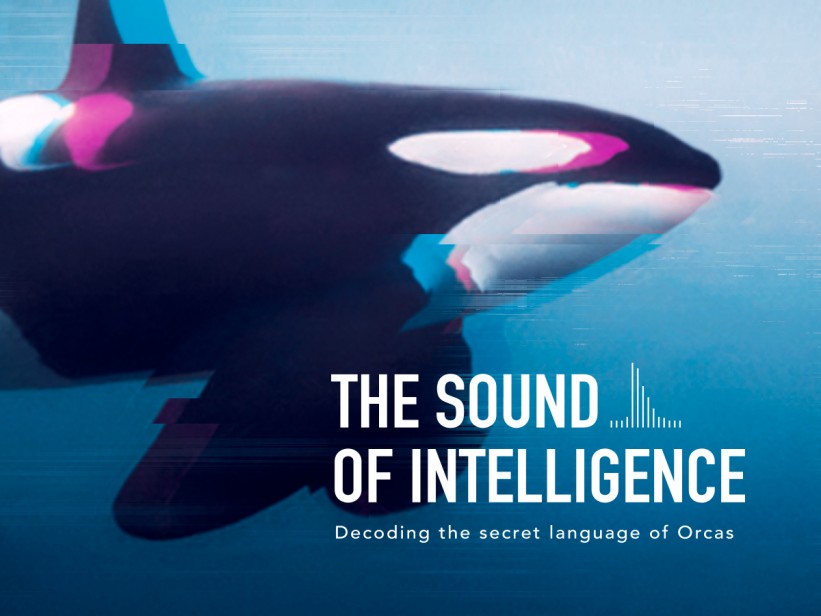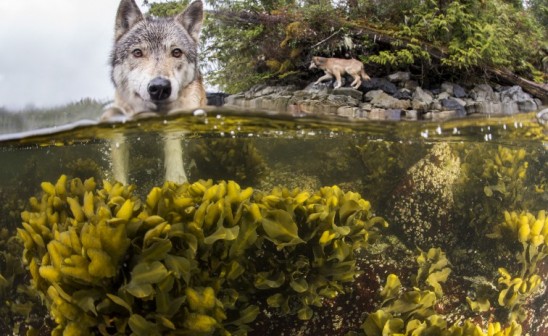With this first expedition we hope to lay the foundation of a great journey that will lead us to understand orcas.

The orcas belong to the most intelligent and mysterious creatures on earth. Their language is made of a highly developed system of acoustic signals. Understanding it remains one of science’s greatest puzzles. Until today.
Panthalassa is embarking on a mission to understand the language of the Orca Killer Whale, alongside the ETH Zürich, the world’s leading university for earth and marine science to reach a great and ambitious goal. It’s not about hearing orcas for the first time, it’s about using technology to hear things nobody could hear before: the voice of individual orcas in wildlife.
„With this first expedition we hope to lay the foundation of a great journey that will lead us to understand orcas. My deepest wish is that by proving their language skills, humans will change their perception and ultimately protect the habitats of these wonderful creatures.“
Sergio Penzo, Panthalassa founder.

These recordings are essential for scientists to start solving the mystery of their language. Directed by Dr. Jörg Rychen, a leading researcher in acoustics and neuroinformatics, the expedition team will be deploying 4 highly sensitive underwater microphones. The four smart hydrophones using a GPS surface buoy will gather real-time acoustics and stream data aimed at being processed by software. "Artificial intelligence applied to language technology is making significant advances. It is just a matter of time that we can process sets of data like the one we will be collecting from the orcas," says Jörg Rychen, researcher in neuroinformatics at the ETH Zürich. Like humans, orcas are highly social and actively interact with each other, which makes it almost impossible to record them individually. On top of that, everything takes place underwater, where sound travels faster and noise pollution can become an obstacle. For that reason, we will be travelling above the arctic circle in December, 2017, heading to the remote fjords of Tromso, Norway, where hundreds of orca pods come together each year.
Besides the scientific value of the expedition, Panthalassa will be capturing highly emotional content to share this fascinating journey with the world. You can follow the news about the expedition and research across our social channels and our newsletter.
Photos by Jacques de Vos.



